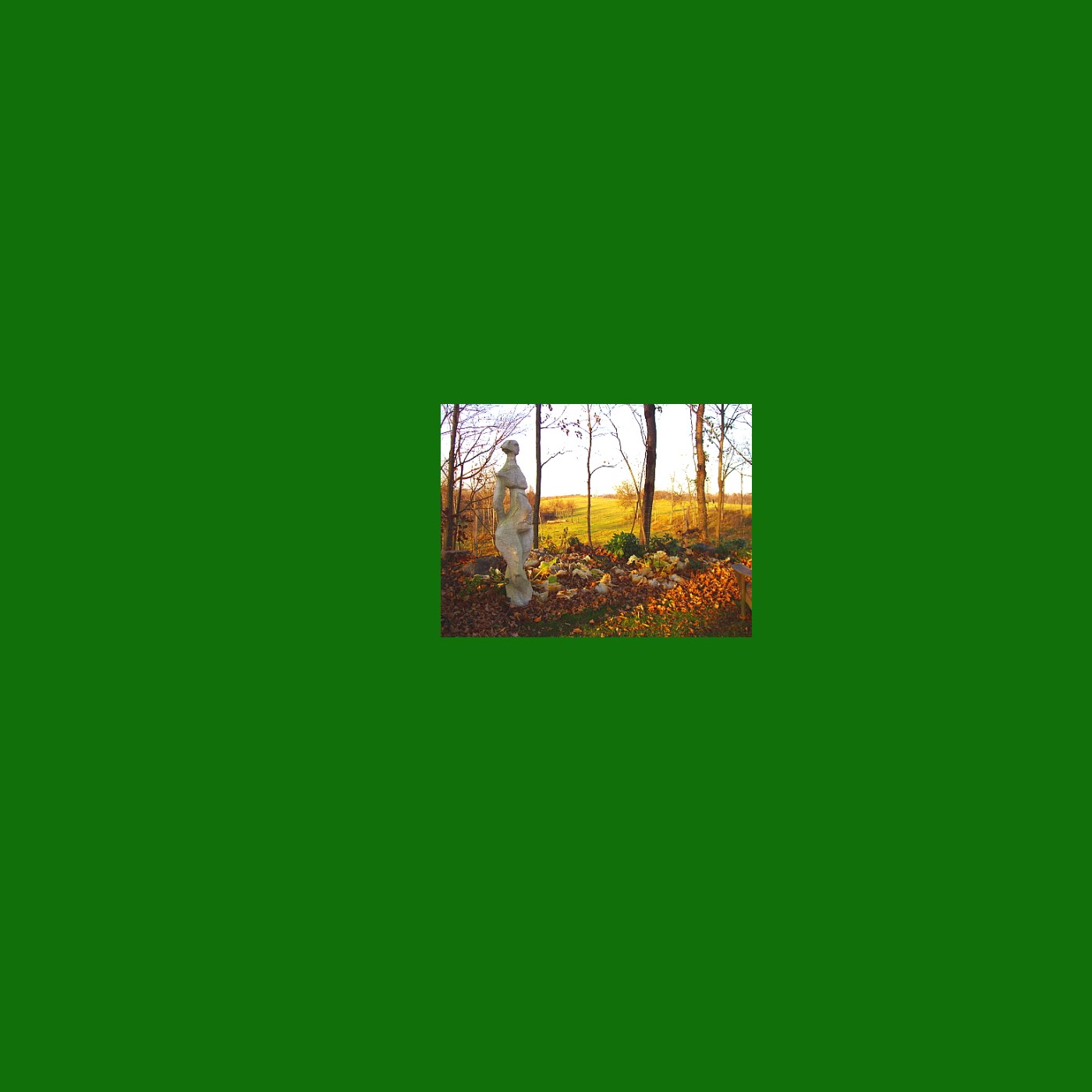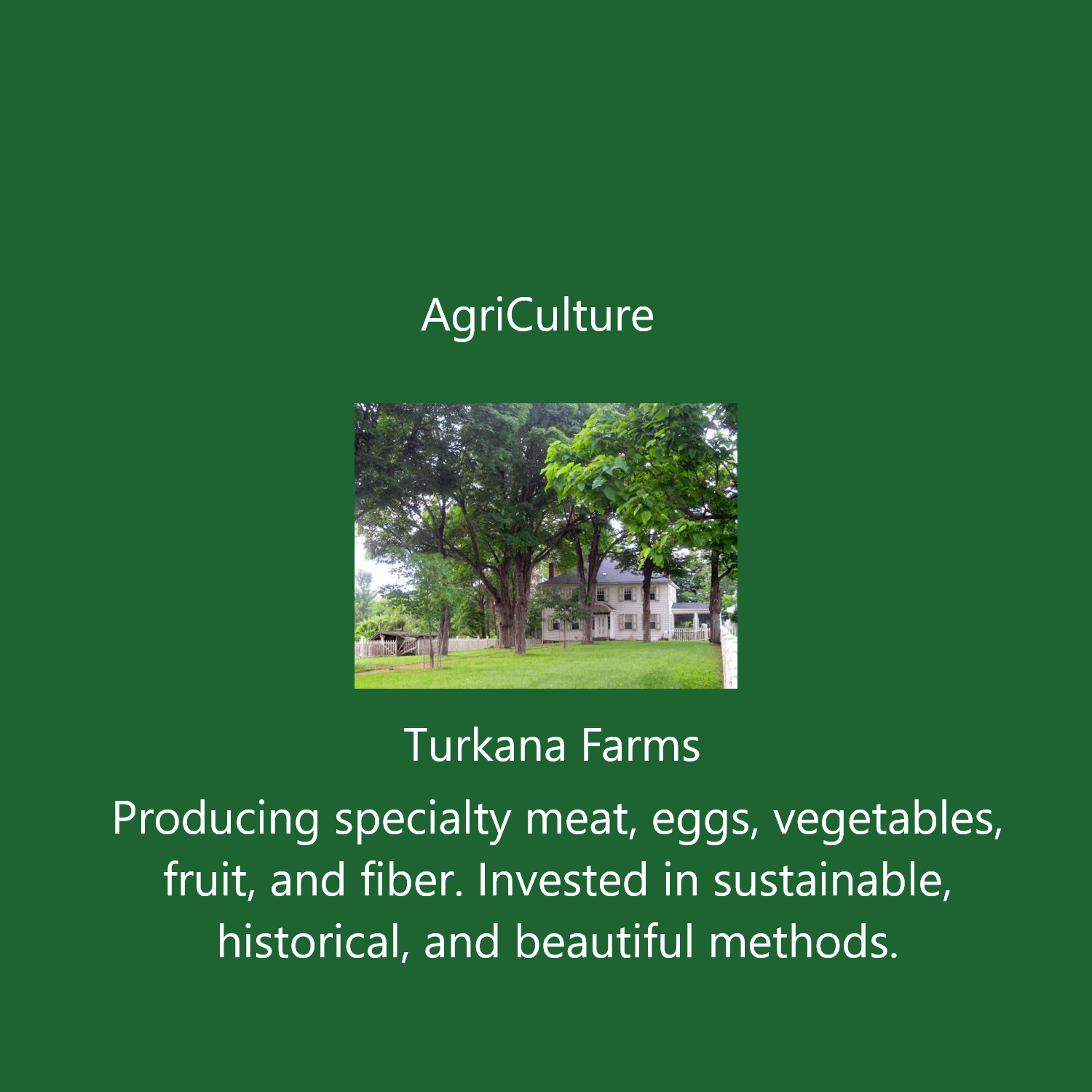
“You farm like a gay boy from the City.” These words once would have appeared in a nightmare in which I was exposed as an imitation farmer, a Marie Antoinette in a shepherd costume. But shockingly, it was me uttering them, this week, to my visiting friend, Steve. To his credit, Steve reacted not with shame but rather playfully screeched out a full-throated “HA” . As if to say, “How else would I farm?”

My comment was provoked when Steve, practicing at doing chores under my supervision so he might cover for me if I go away for a few days, trundled a wheelbarrow full of hay and poop from the barn floor out to the garden. Upon arrival, he very carefully inserted his pitchfork into the top of the pile of muck, and gently sprinkled a small quantity onto the leek trench. It was the precision, the delicacy, the gentleness of that act that made me blurt out my “gay boy” comment. A real farmer, I thought, would drive the pitchfork forcefully deep, and chuck a huge forkful of muck on the trench without regard for neatness.
Not that such delicacy is unique to Steve. Whenever Eric feeds the sheep in the afternoon, he meticulously goes around emptying each feed bowl before placing the grain treat in it. To be sure, it’s necessary to remove any bupkes (Yiddish for those little black pellets of sheep poop, or more colloquially, things that don’t amount to much), or the sheep won’t touch the food. But Eric doesn’t stop there. He also empties any little trace of hay sitting in the bowls as well.
When I first asked why he was taking such care when the sheep would happily eat the hay remnants, Eric harked back to his family’s very fine restaurant in Quebec’s old city, staffed by chefs imported from France. “Would you serve guests the main course on a plate full of crumbs from the appetizer?” When I reminded him that they are just sheep, he reminded me in turn that “They are beings too.” There’s something dually “gay” to my mind about a concern for universally elegant dining and a concern for the welfare of those who are often left out.
When Peter and I first bought the farm, I was extremely sensitive about not belonging in this milieu. Our very first weekend, a hostile neighbor across the street set up a chair in front of his barn and talked to friends, loud enough for us to hear, hooting “Farmers. Can you imagine?” to loud guffaws. He intended insult, but he had a point. I could barely imagine myself farming, coming as I do from two heritages, Jewish and gay, with overwhelmingly urban orientations. Jews in Europe were for generations forbidden to own land and developed no farming culture. Gays, even if they had farming origins, migrated to cities to escape rural fear of difference and to find the freedom that came with numbers and anonymity.
An urban life carries many potential consequences: ignorance about how food is produced, a certain squeamishness about natural processes that are not confronted on a daily basis, and an elevation of aesthetic concerns. Until I met Peter in my late 20s and started gardening, I could not distinguish a beet green from a bean plant. I never touched a farm animal until we bought the farm and at first I feared doing so.
But like some Jews who established chicken farms in New Jersey and kibbutzim in Israel, and like gay men who associated farming with hypermasculinity (those farmhand fantasies!), I romanticized agriculture. So in pursuit of a fantasy I forced myself to overcome my fears and sensibilities and do what I thought real farmers do.
The dirtier and more dangerous the activity, the closer I thought I was coming. I rejoiced in, and often wrote about: unloading hay from a pickup bed into a manger while a hostile bull rocked my truck; catching piglets to castrate while fending off their angry mother with a hoe; wrestling sheep for shearing or hoof trimming. I’ve gone from fear of rats to trying to stomp on them if I see them in the chicken coop.
Yet somewhere along the way, I shed the feeling that hypermasculinity is a state to aspire to. This week of course I can’t help thinking about the thuggish mob-boss call by President Trump to Georgia election officials trying to reverse his loss and the violent brownshirt assault on the Capitol instigated by him in the same cause (the current reprises of his Ukraine call and Charlottesville, even if hypocritically depicted by those Republicans who are ready to abandon him as something new). They stand as reminders of the potential dangers of glorifying hypermasculinity. But I think farming taught me long before this that sensitivity and empathy are as useful as strength and dominance in operating a farm.
As a farmer, you’ve got to closely observe your plants, your animals, and your land, and recognize that the best remedy to a problem is not necessarily the most aggressive one. Are your tomato leaves the right shade of green. If not, should you remove the blighted greenish yellow ones or pull the whole plant ? Should you control that wild ram by facing him down with your greater aggression, or calm him by removing the thorn from his foot? I bonded most with our boar, Vernon, by sitting in his pen for a weekend picking maggots out of festering wounds he suffered in a fight. I no longer cry when driving lambs to the slaughterhouse, but I’ve come to realize that farming is very much about taking care of things.
So how much have I really changed? I’ve got more muscle on me than I had before, and my farm exploits give me a certain social cachet. (Steve says pictures of him with the sheep make great ice breakers with the men he chats with on line). But I suspect most objective observers would find me to be farming much as they expect a gay boy from the city would farm.
I’m still hopeless with machinery, and squeamish about giving injections or slaughtering animals. I won’t even consider culling my blind ewe, Ayse, despite her lack of economic value and the extra work she requires. If I have a melon rind for the pigs, I make an effort to divide it equitably between them. Perhaps I don’t serve it as elegantly as Eric would, but at least I make an effort.
What has probably changed more than how I farm is how I feel about myself as a farmer. I now see what I do in my own way as real farming, nothing to be ashamed of. When I tell Eric or Steve that they’re farming like gay boys from the city, I’m not criticizing. I’m expressing my affection and gratitude for the spirit and touch of style they bring to this quirky little endeavor.

WHAT’S NEW THIS WEEK?
Christmas Tree Recycling: If you did not spray your Christmas tree with preservative and have carefully taken all the ornaments off, feel free to drop it off as a welcome mid-winter snack for our sheep.
EGGS: Egg production is beginning to rebound a bit with the additional hours of daylight we’re experiencing. Feel free to order again.
WHAT’S AVAILABLE THIS WEEK
Cheese pumpkins, $1/lb
Fresh dug horseradish root, $3/lb.
EGGS: $5/doz
MEATS:
CHICKENS: They were quite uniform in size, all just around 6 lbs, a few under. We’ve already had one and the freedom rangers have been what you want them to be, deeply flavorful. They are now frozen. $6/lb. Separately, bags of chicken livers, also $6/lb

TURKANA FARMS, LLC Green E-Market Bulletin April 1, 2024 At long last, the piano readied to move Photo by Mark Scherzer A Dead GiveawayHi...

Last week after I pondered culling my two oldest ewes for the benefit of the rest of the flock, my friend Steve excitedly texted:...

Turkana Farms, LLC, is a small scale producer of heritage breed livestock and a wide array of vegetables and berries on just over 39...